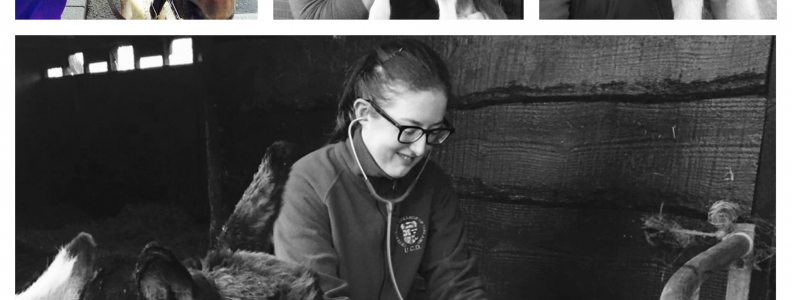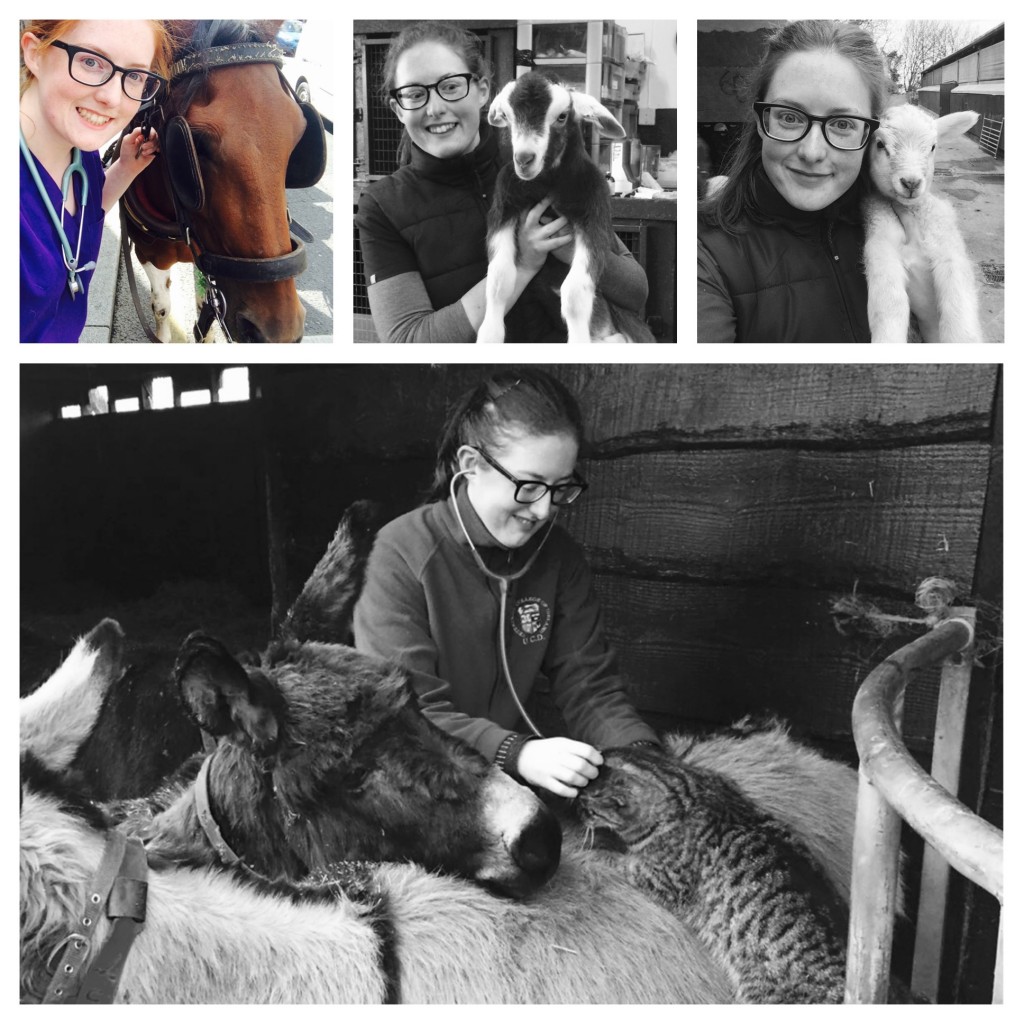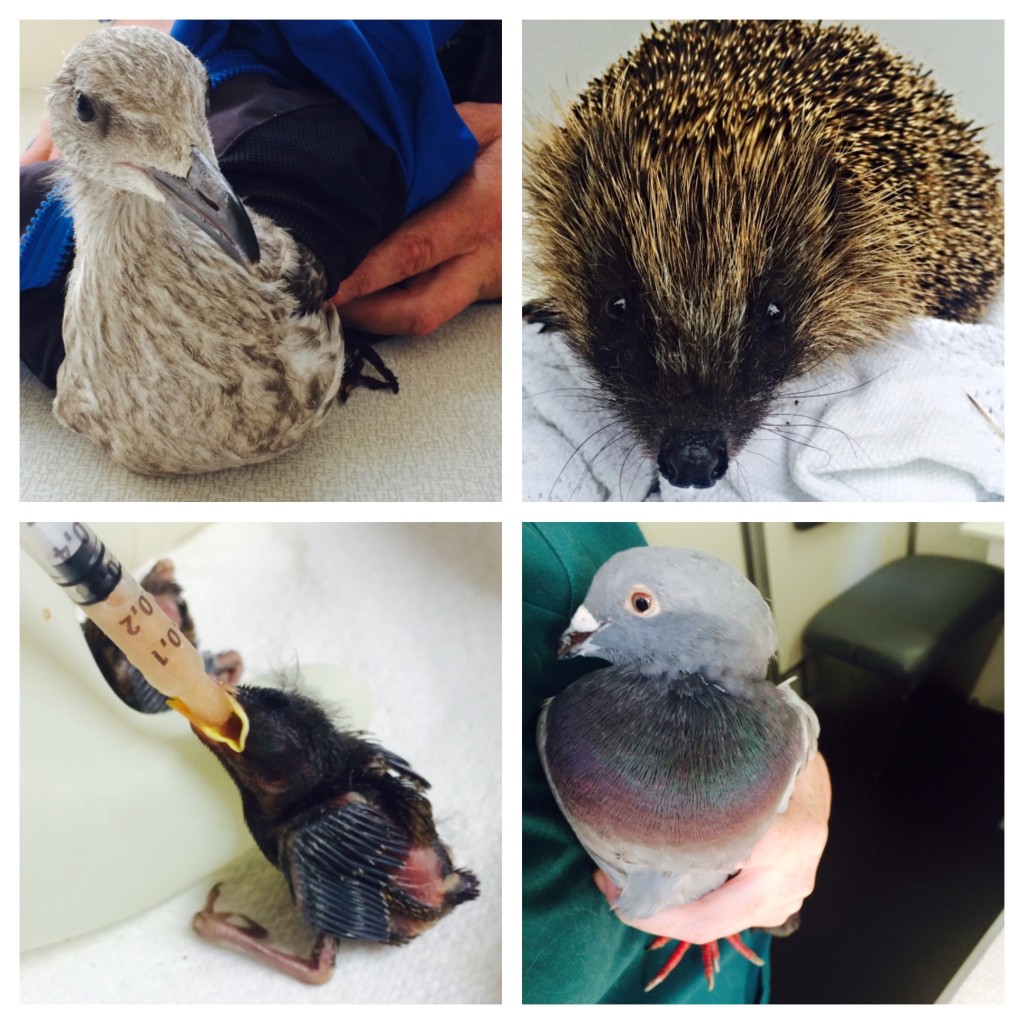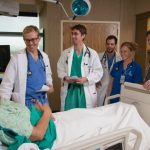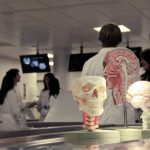Recent Veterinary Medicine Graduate Ciara Sweeney offers her advice to students surviving final year on rotations
“Drink coffee, its good for you” – the humorous advice offered to us during one of our last rotations.
During the final year of the veterinary medicine course, students will spent their time rotating through the different departments within the UCD Veterinary Hospital. Those are as follows:
- Small animal medicine
- Equine medicine (horses and occasionally a donkey)
- Farm animal medicine (cows, sheep, pigs……)
- Surgery (large and small)
- A stint in the ICU (intensive care unit)
- First opinion (where you try to be a real vet dealing with cases that would present routinely in practice)
- Anaesthesia (the people who keep animals sedated [and alive] during surgery)
- Diagnostic Imaging (x-rays, ultrasounds, MRI’s and CT’s)
- Para-clinical (using pathology, microbiology & parasitology to try find a diagnosis)
During each rotation we work alongside vets all at different levels of their career – from interns (qualified vets acquiring extra clinical training and experience) and residents (vets in a 3-4 year program ultimately leading to specialist certification) to board certified specialists.
The purpose of final year is to build our day one competencies, or the skills and knowledge expected of us on our first day after graduation. So for example, we’re expected to be able to place an intravenous catheter or perform a spay operation safely and with a good degree of skill. Likewise we should be able to perform thorough physical exams on all our patients and take a complete history from an owner. Essentially we all knew how to do all of these competencies before starting final year, as we had learned them in the classroom but final year is the opportunity for us to demonstrate our abilities and fine tune any practical skills we might need.
We have access to a clinical skills lab and a good proportion of time is spent in there during rotations. The lab contains various models that we can practice with, for example, putting on different types of bandages to suturing different patterns to milking a model cow so you can perform a test for mastitis.
I’m not going to lie final year is tough – all the knowledge we’ve learnt over the past 3 years is expected to reamed off at a minutes notice (so if your not in the hospital you’ll be revising or at least you should be and you might be revising after you’ve gotten home at 9pm after a 12 hour shift, and don’t forget that you have to eat, sleep and shower during this time until your back in at 7:15am) but its also good fun (at times) so I so pose you could say that it has its moments.
Its a good year for finding out what you are interested in – many people who thought they wouldn’t like a certain rotation or to work with a certain species actually discovered that they liked it or visa versa. Likewise many rotations that we dreaded because of their reputed tough nature turned out to be some of the most rewarding ones where we learnt the most.
So in all, final year might be tough and it certainly puts us through our paces but it makes us vets (or at least baby vets) by the end of it!


